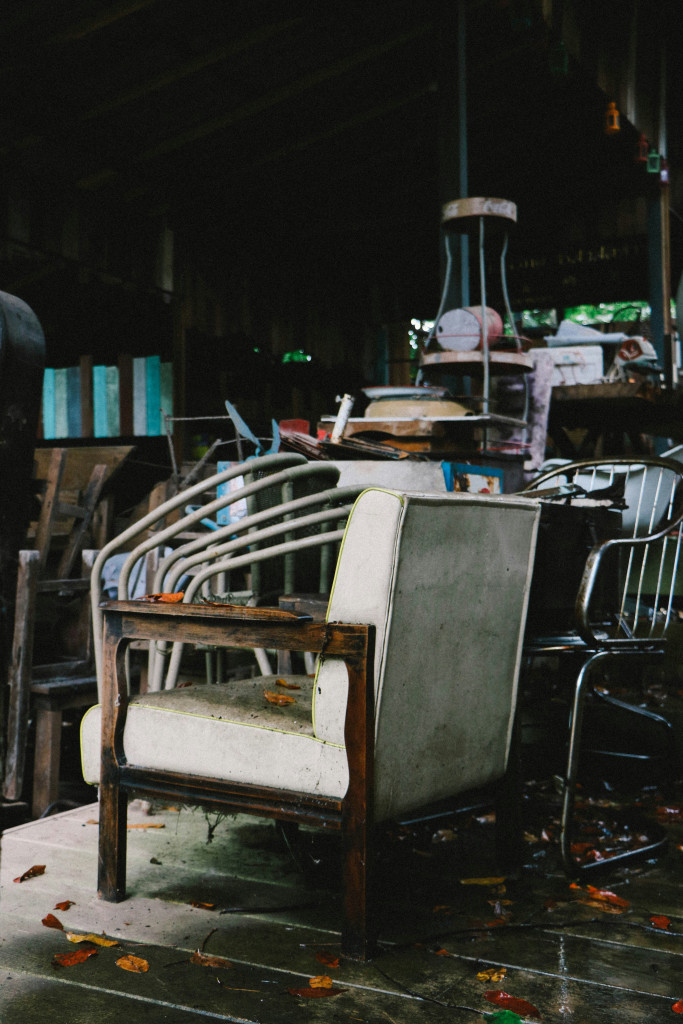From Car Boot to Cash Flow:
How a young woman turned thrift into a thriving business.

When 22-year-old Ellie Mason graduated from college in Bristol, she didn’t have a job lined up—or any real idea what she wanted to do. “Everyone seemed to have a plan except me,” she laughs. “I had a degree, but no direction.”
With bills to pay and time on her hands, Ellie started selling a few bits from her wardrobe on Vinted. Then came a lightbulb moment: what if she could flip second-hand finds for profit? Armed with £50, she began scouring charity shops and car boot sales for branded clothes, vintage bags, and quirky accessories to resell.
“I didn’t have a business plan or a budget. Just an eye for fashion, my phone, and some good lighting,” Ellie says.
The Hustle Begins
At first, the profits were modest—a £2 shirt sold for £12 here, a pair of old Dr. Martens flipped for £40 there—but momentum built quickly. Ellie created a simple system: photograph items, list them on Vinted and eBay, and reinvest every bit of profit into more stock.
“I remember doing post runs with shopping bags full of parcels, all packed in my bedroom,” she says. “It was chaos—but exciting chaos.”
She used her phone for photos, Google Sheets to track sales, and free apps like Snapseed to edit product shots. Canva helped her create a clean visual identity, and TikTok became her secret weapon for driving traffic—she posted thrift hauls, pricing tips, and ‘before-and-after’ transformations, quickly gaining a loyal following of bargain-loving fashion fans.

Building from Nothing
With no loans, no investors, and no fancy equipment, Ellie turned her hobby into a business earning over £1,500 a month—enough to support herself while building something bigger.
“I didn’t start with much, but I stayed consistent,” she says. “That’s what made the difference. Some weeks were slow, some items flopped—but I learned fast and kept going.”
The freedom to work for herself and build on her own terms was a game-changer. Ellie’s growing income has allowed her to reduce financial pressure, save for the future, and reinvest in her dream: launching her own sustainable fashion brand in the next 12 months.
“I want to create a line that blends style, affordability, and sustainability—something fresh and ethical,” she says.
Advice for Aspiring Entrepreneurs
Ellie is the first to admit she knew nothing about business when she started. “You don’t need a big budget or a business degree to start,” she says. “Just start with what you’ve got. Use free platforms, be patient, and keep showing up.”
Her story is proof that success doesn’t have to start with a spreadsheet—it can begin with a single second-hand find and a little belief in yourself.
“Honestly, if I can do it from a charity shop bargain and a smartphone, anyone can.”

